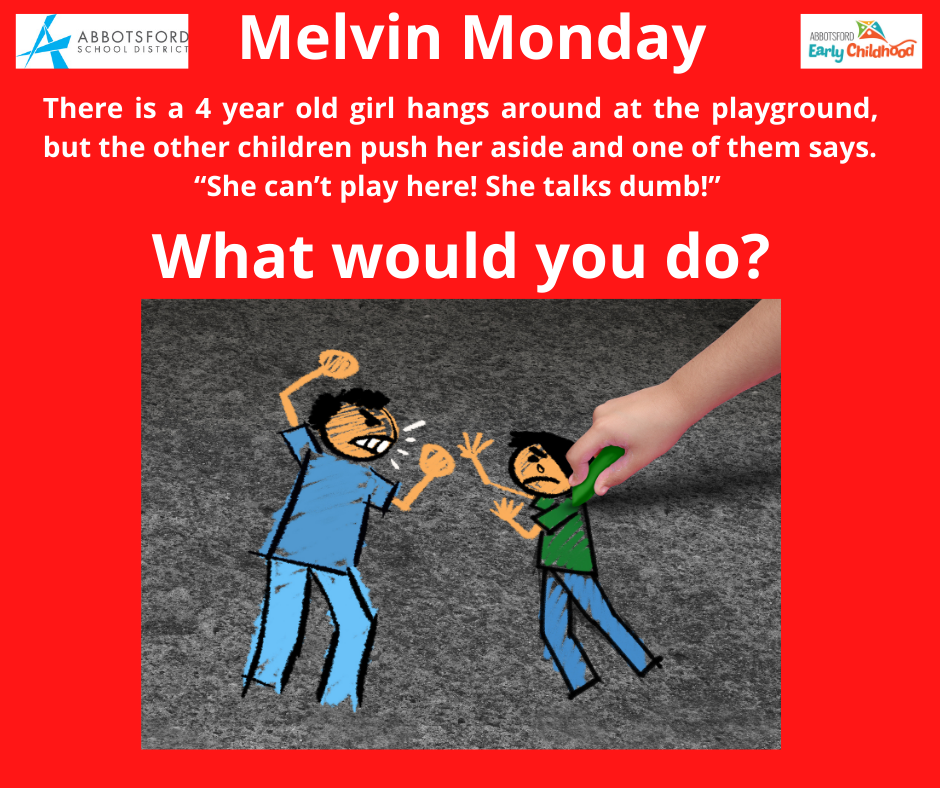
Aggression doesn't happen because we're programmed to respond to the world with hostility. We all have the capacity to behave aggressively. Whether or not we do it depends on how we perceive the world. Aggressive tendencies are shaped by environmental conditions - the pressures, threats, opportunities, and consequences that children experience. By tweaking these conditions, we can improve behavior and change the course of development.
Throughout childhood, kids are still learning about emotions, how to regulate their own moods and read the minds of others. Dependent, inexperienced, and vulnerable, young children are more easily threatened, and thus more likely focus on protecting their own interests. When children fail to show concern for others, it's often because they perceive the situation differently, or don't know how to control their impulses. They need opportunities to learn by developing secure relationships with us, talking about their feelings and the emotional signals of others. Observing positive role models, and growing up in an environment rewarding self-control and cooperation often helps children understand emotions and teach them empathy.
With that in mind the best approach in given situation would be teaching empathy and developing that awareness of how others are feeling.
Questions like “How do you think the girl felt when you said this? “How do you think you would fill if a friend won’t let you play on the playground?” would help the child understand his and others emotions.
Using the child’s feelings as a mirror for others can help create perspective — and give them a chance to link actions to the feelings they cause.
